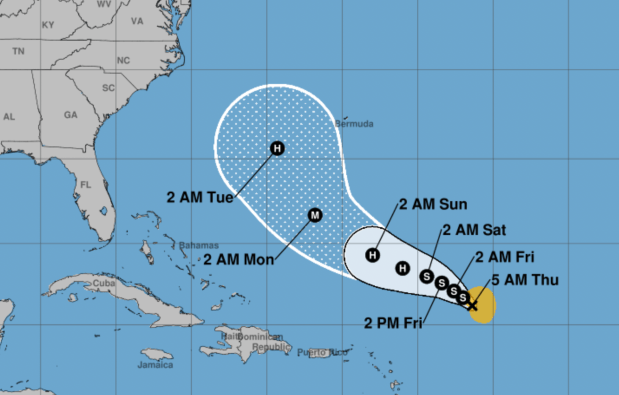This has resulted in calls to bring back bungalows after homeowners took part in a survey.
One in seven (14%) homeowners aged 55+ said they wanted to move but ultimately felt unable to, for various reasons, such as the stress and upheaval involved, a lack of suitable homes and a reluctance to leave their community behind.
The research, published by the HomeOwners Alliance, suggested that 38% of homeowners aged 55+ would prefer a bungalow for their next move.
But the HomeOwners Alliance pointed to figures from the National House Building Council (NHBC), a warranty and insurance provider, indicating that bungalows made up 11% of new home registrations in 1990 but just 1% in 2024.
The NHBC has a 70%+ share of the UK warranty market and its figures indicate the stock of new properties in the pipeline as homes are registered with it before being built.
The HomeOwners Alliance survey also indicated that people aged 55+ were more likely than homeowners of all ages to say the stress of moving, shortage of suitable homes and not wanting to move away from friends and neighbours were a barrier to moving.
With many older homeowners having built up equity in their property, house prices and moving costs were less of a barrier to moving for older homeowners than for younger generations, the survey indicated.
Paula Higgins, chief executive of HomeOwners Alliance, said: “Our research shows that too many older homeowners feel stuck in homes that no longer work for them but struggle to find an appropriate alternative.”

Opinium carried out the survey among 2,000 people across the UK in April, on behalf of HomeOwners Alliance.
While the NHBC has a 70%+ share of the UK warranty market, its figures will not necessarily represent around 70% of the retirement living market.
A McCarthy Stone spokesperson said there is a “critical shortage” of bungalows.
The spokesperson said: “It’s clear that the housing market must do more for this demographic. Prioritising the construction of bungalows isn’t just about meeting demand; it’s about enabling older people to live independently, stay connected to their communities, and free up larger family homes for younger generations.
“At McCarthy Stone, we are increasingly adding bungalows to our development portfolio. We currently have 15 bungalow developments comprising 300 units across the country that are either sold out or selling now, and with more sites coming soon.”
Why bungalows also appeal to younger generations
Bungalows are also appealing to younger homeowners as well as first-time buyers, according to Estate Agent Today.
Its website explains: “Typically popular with older buyers and downsizers, bungalows are now seeing a huge amount of interest from younger buyers (mostly millennials) looking for a family home.
Recommended reading:
“Could it be due to this age group typically spending so much time living in flats prior to buying a house, and wanting to continue the feeling of living on a single storey? Not only do they offer a closer, more sociable feel than a multi-storey home, but bungalows are also cheaper to heat, which may also appeal to cash-strapped younger buyers.
“Research shows that demand for bungalows has steadily grown, with internet searches soaring 53% in the past 20 years. There have been huge shifts in online culture, with bungalows becoming the property du jour for renovation content.
“It’s true that bungalows offer huge potential for renovation, which may also be part of their immense appeal; often situated on larger plots, bungalows can offer the option to extend both outwards and upwards, allowing homeowners to create their ideal home while enjoying the perks of a detached setting and ample outdoor space.”








